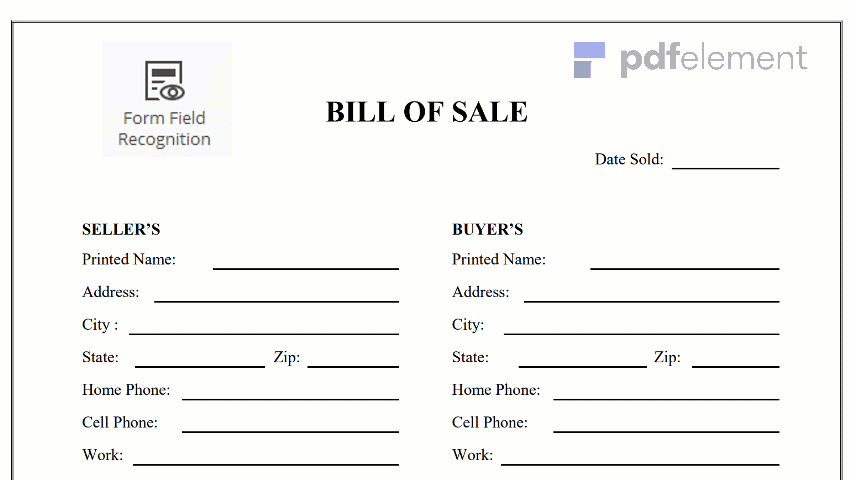
A grant proposal is a formal written document submitted to a funding organization to request financial support for a specific project or program. It serves as both a persuasive argument and a detailed plan, showing that the applicant has a meaningful goal, a clear strategy for achieving it, and the capacity to deliver measurable results.
A grant proposal usually includes the following main parts:
Cover Letter – A brief, personalized letter introducing the organization and summarizing the project's purpose and funding request.
Executive Summary – A concise overview highlighting key information such as the problem, proposed solution, expected outcomes, and budget.
Statement of Need – A clear explanation of the problem or issue your project addresses, supported by evidence, data, and real-world context.
Methodology – A detailed account of goals, objectives, activities, timelines, and methods for implementation.
Evaluation Plan – A section describing how success will be measured and reported, including performance indicators and data collection methods.
Organizational Background – Information about the applicant's history, mission, structure, and experience relevant to the project.
Budget and Justification – A transparent financial plan outlining how funds will be used, with explanations for each major cost item.
Sustainability Plan – A description of how the project's benefits will continue after the grant funding ends.
Appendices – Additional documents such as letters of support, resumes, charts, or certifications that strengthen the proposal.
It is important to state that grants sometimes have eligibility requirements that are expected to be met so as to qualify for the grant in the first place. With grants playing an increasingly important role, it is becoming a fierce competition among applicants. Therefore, it is necessary that grant proposals are well written to the standard to stand any chance of success.
The first part of a grant proposal is a cover letter. A cover letter is a short, persuasive letter that introduces your organization and project to the potential funder. It serves as a preview of your proposal's intent and significance and highlights the essence of your request: who you are, what you need funding for, and why your project aligns with the funder's mission.
Here are some key strategies for crafting a strong cover letter:
Here is an example of a grant proposal cover letter.
[Your Name]
[Your Title]
[Your Organization]
[Address]
[City, State, ZIP Code]
[Email Address] | [Phone Number]
[Date]
[Recipient's Name]
[Title]
[Funding Organization]
[Address]
[City, State, ZIP Code]
Dear [Recipient’s Name],
I am writing on behalf of [Your Organization Name], a [brief description—e.g., nonprofit community organization], to request [specific funding amount] in support of our [project name or initiative].
This project aims to [briefly describe the project’s purpose and expected impact], aligning closely with [Funder’s Name]’s mission to [reference their goal or area of focus].
Over the past [X years], our organization has [share one or two key achievements or outcomes].
With your support, we can [describe how the funding will expand or strengthen the impact].
We greatly appreciate your consideration of our proposal and would welcome the opportunity to discuss how [Your Organization] can partner with [Funder’s Name] to achieve meaningful outcomes together.
Thank you for your time and commitment to supporting initiatives that make a difference.
Warm regards,
[Your Full Name]
[Your Title]
[Your Organization]
Having an in-depth knowledge of a grant proposal and knowing the applicable format should make it easy to create an outstanding grant proposal. However, the following step by step outline shows how you can create a good grant proposal.
Step 1: Getting Started: You can get started by reading the grant application carefully. By doing so, you can highlight all the questions you are required to answer and any material you have to include. Then write a summary statement by writing a one paragraph description of your request. You can now create an outline by describing each step of your plan and organizing your thinking. Finally before you get started, it is important to determine if your project type is actually the type grantor actually funds.
Step 2: Write your first draft- At this stage, it does not matter how good it looks, just get your ideas on paper and every other thing will follow.
Step 3: Clearly Lay out Specific Goals – You proposal is expected to describe what the funds are going to be used for. Do this part with all level of clarity.
Step 4: Make it Shine- Now begin to polish your draft. Go through it over again and make sure your ideas are clear and the delivery is superb.
Step 5: Review the proposal and the requirements.
Step 6: Proofread your proposal carefully. Note that you are competing with other requesters for the same fund. Do not get yourself disqualified due to a wrongly written write-up.
Step 7: Add required supporting documentation- Define the project’s budget.
Step 8: Produce a budget summary and create a budget justification.
Step 9: Show that your participation matters.
Step 10: If other documentations are required, add it. For example, you may be required to produce a tax exemption certificate, a financial or audit report. Keep them handy when creating a grant proposal.
Step 11: After doing all listed above, add a cover letter. A cover letter is simply a summary of your request, which includes the purpose of the project, the money you are requesting, and lists the documents you have included in your proposal.
Step 12: Finally, proofread and edit again, double-check them, and make a copy for your files. Mail or deliver it in time so as to meet the deadline.
A grant proposal checklist helps ensure every part of your submission is complete, accurate, and compelling. Here are 3 grant proposal checklist templates for your reference.
Free download grant proposal checklist template 1